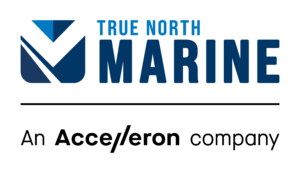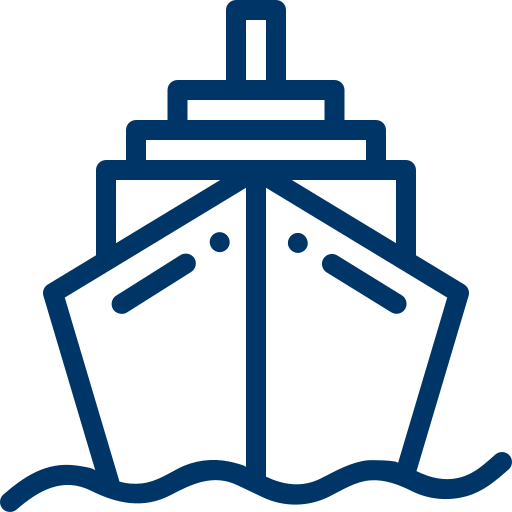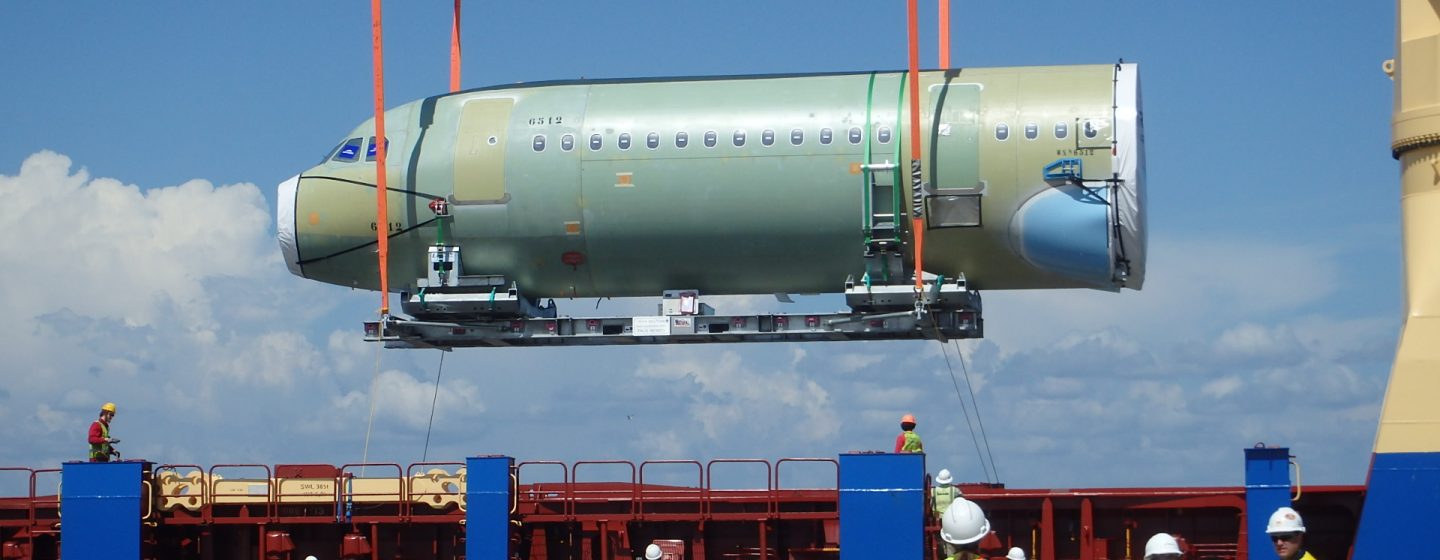The risk posed by poor weather can be effectively managed by a competent weather routing agency who can foresee and adapt to hazards during the crossing. True North Marine has been working closely with LD Seaplane for the last few years in ensuring that the LD/Airbus vessels make it to destination safely and within their respective schedules. While LD addresses the transportation challenges for Airbus, TNM helps manage some of the unavoidable risks involved.
Ultimately any supply chain hinges on effective communication between the various parties and even the best laid plans can unravel in the face of misunderstanding or mistrust. TNM has strived to build a rapport with the most critical element of these ships, the Masters, and this exceptional tri-partite relationship between ship captain, LD Seaplane shore operators and TNM help make voyage after voyage free from delay.
Aside from the route to Mobile, LD Seaplane also conducts voyages from Montoir to Naples and Montoir to Tunis to transport sub-assembly components between Airbus’ dispersed production sites. Travel through the Mediterranean and up the Spanish coast can also be unpredictable, particularly in the fall and winter when low pressure systems batter the Bay of Biscay and so weather routing for these voyages is no less important. As production of the A380 winds down, the routes servicing the A320 as well as Airbus’s subsidiaries will likely be of increased importance and LD’s Ro-Ro vessels play a critical role in connecting various aspects of Airbus’ supply chain. Through our partnership with LD, TNM minimizes the risk of delay and helps to ensure that timelines are upheld. This is particularly important for complex supply chains like Airbus, and by building durable relationships with the partners involved TNM is able to ensure successful and delay-free voyages.
If you’d like to learn more about our weather routing and performance monitoring services you can contact us here. The ongoing COVID-19 pandemic presents unique challenges for shipowners and operators alike. TNM is here to help, and our team of experienced operators can assist you in navigating port restrictions and delays. Send us an email or call to receive a quote!





